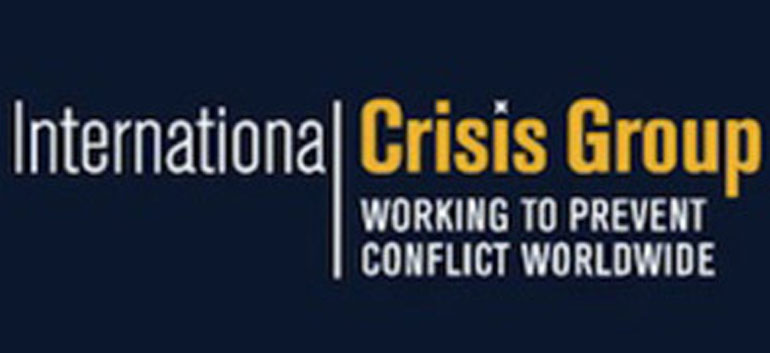The International Crisis Group (ICG) on Thursday said the government and rebel group FARC need to agree on a “clear, credible, and coherent plan” for dealing with human rights abuses committed by both sides during Colombia’s internal conflict.
Transitional justice and the rights of the victims is the fifth point on the negotiation agenda between rebel group FARC and the government, both of whom are in talks seeking an end to the country’s 49-year conflict.
While acknowledging the impossibility of prosecuting all criminal acts, the ICG emphasized the necessity of punishing the most serious crimes against humanity.
“Those responsible for the most serious crimes, from whichever side, need to be prosecuted and appropriate penalties imposed that can be reduced if stringent conditions are met,” said the ICG.
“An amnesty can appropriately cover FARC’s political crimes and offences related to political crimes but can never include war crimes and crimes against humanity,” added the organisation.
The ICG’s comments are akin to those of the the International Criminal Court, which earlier this month stated that “the most serious crimes of concern to the international community must not go unpunished.”
MORE: FARC’s most serious crimes must not go unpunished: ICC
Despite the FARC’s admission that they share partial responsibility for the internal violence, and President Juan Manuel Santos’ admission that the government has been responsible for “serious human rights violations and breaches of international law”, the ICG insist both sides have much to do in relation to their attitudes of wrong doing during the conflict.
MORE: Santos refuses to ‘sacrifice justice for peace’ in Colombia
“The government and FARC each still has much to do to fully acknowledge its respective responsibility for the many human rights violations [during the internal conflict],” argues the organization.
“The negotiating agenda does not mention several critical aspects of an adequate transitional justice agreement, such as mechanisms for individual criminal accountability and reparation,” added the ICG.
The organization warns against succumbing to the pressure of reaching an agreement prior to the 2014 Presidential elections, insisting any agreement meet both “domestic and international standards regarding victims rights.”
“An easy-to-reach solution might satisfy short-term political imperatives but would be a long-term mistake,” explained the ICG.
“It would not only risk legal challenges but also embolden the opponents of the peace talks, who couch much of their opposition as rejection of ‘impunity’ for FARC.”
To achieve a “survivable deal” in the long term, the ICG argues that any peace agreement needs to respect international treaties.
“The best way to generate sustainability is to respect Colombia’s obligations under multiple human rights and international criminal law treaties.”
“These and the country’s implementing laws and jurisprudence are not obstacles to peace but rather the basis for an agreement in which all social sectors – even moderate critics of the negotiations – could feel represented and that could pass judicial scrutiny,” argued the ICG.
The organization insists that the experience with demobilized paramilitaries under the 2005 Justice and Peace law should have provided invaluable lessons as to what works and what does not regarding victims rights in Colombia.
“They [the government] must avoid repeating the mistake of creating a regime that is ambitious in law but would struggle to uphold victims’ rights in practice.”
“Revealing the perpetrators and networks, punishing those most responsible on both sides, providing adequate reparations to victims, and putting in place a political and social regime under which such atrocities will not be repeated are all necessary steps toward lasting peace,” concluded the ICG.
The FARC and the government have been involved in peace talks since November in order to seek a negotiated end to a conflict that has lasted almost 50 years.
While an accord has been reached regarding land reform, no agreements have been made on the issue of the FARC’s political participation, drug trafficking, the practicalities of the end of the armed conflict, and the rights of the victims.
Sources
- Transitional Justice and Colombia’s Peace Talks (International Crisis Group)


